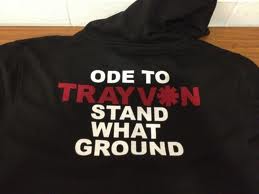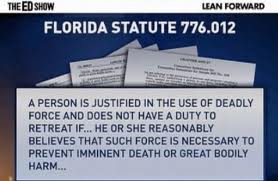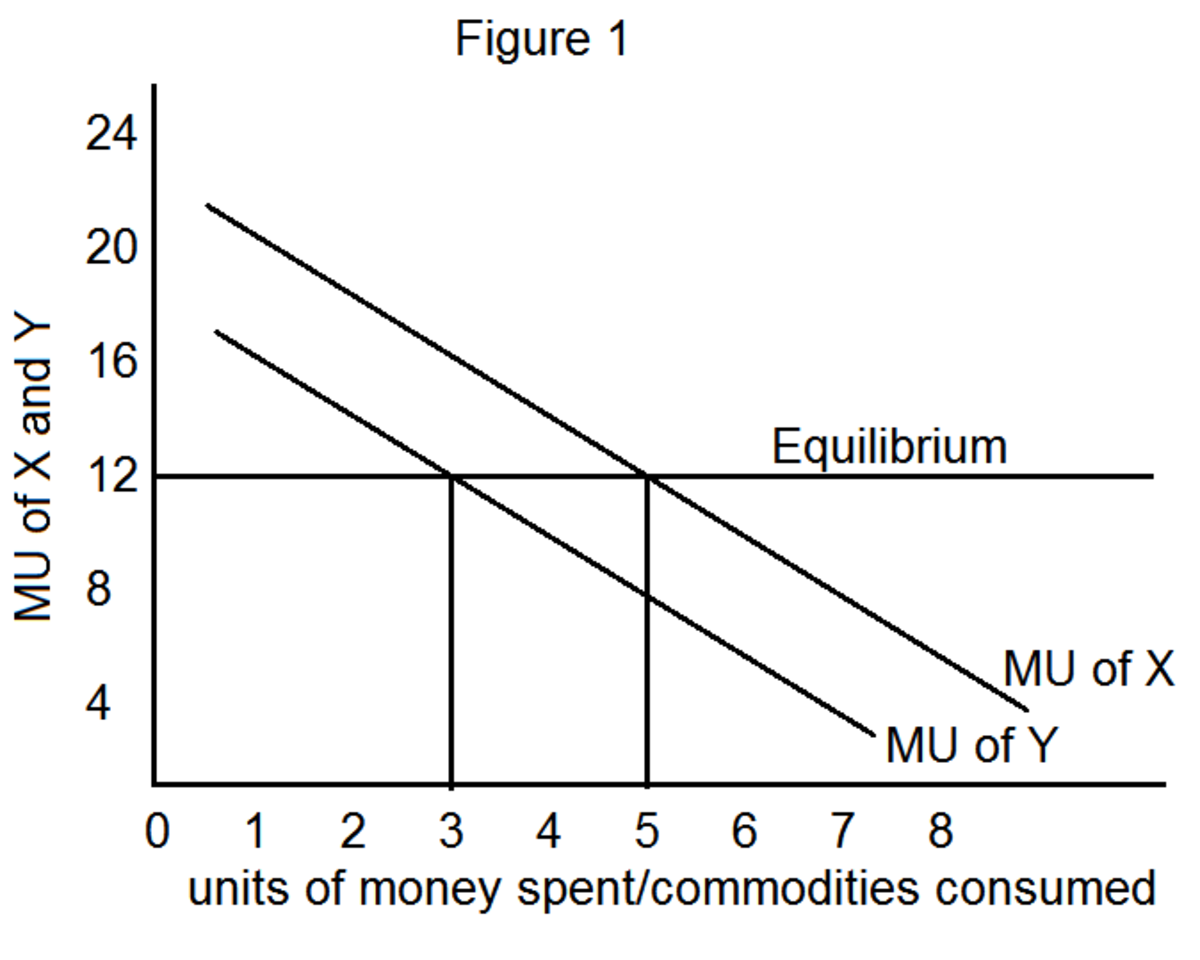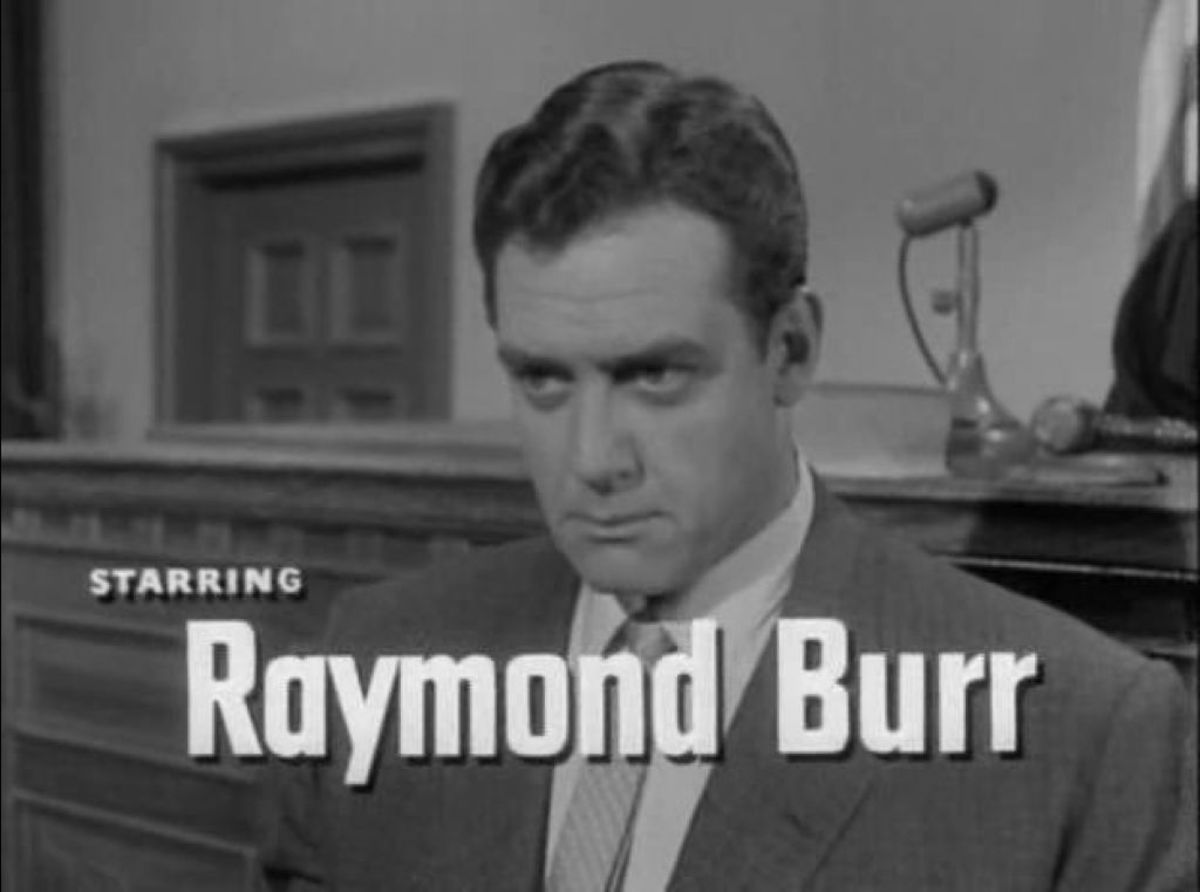The Trayvon Martin and George Zimmerman case and verdict: innocent?

The Trayvon Martin case
On the night of February 26, 2012, Trayvon Martin, unarmed, was shot by George Zimmerman, an armed watchman for the community that he was visiting. George Zimmerman defended his actions under the Stand your ground law of 2005, claiming his life was in danger when he shot Trayvon martin. Was George Zimmerman within his legal limits when he applied deadly force against an unarmed teenager?
The law exists to provide a guide to what is the best measure of protection, with respect to the liberties entitled to all individuals, regardless of opinions. The idea of equality, freedom, and justice are the aspects that the law expects to achieve, without compromising the standards for the rights of any individual who abides by what the law entails.
The law is intended to give each person the right to protect themselves. The enforcement of the law is expected to be fair and unbiased of opinions, allowing for the best decisions to be made to achieve justice. Laws are expected to preserve justice for the right to life, liberty and the definition of what constitutes the violation of the law not what constitutes the law based on public opinion or personal interests.
Timeline of events on February 26, 2012
In order to understand why this case is so important, here is a list of what is known about the events that occurred on February 26, 2012 when Trayvon Martin was shot and killed at the Retreat at Twin Lakes:
- 7:00 PM- George Zimmerman makes a 9-1-1 call to police about a suspicious person who looks like they are "up to no good." After describing the individual as one that is "up to no good" and tries to follow him, the dispatcher tells him to stop. George Zimmerman continues to follow Trayvon Martin even after he was instructed to stop. He loses sight of Trayvon Martin
- 7:10 PM- Trayvon Martin was talking on his cell phone to his girlfriend while walking to his family’s home from the convenience store when George Zimmerman approached. Trayvon Martin and George Zimmerman exchange words and there was an altercation. The phone call ends.
- 7:11 PM- A witness reports gunshots and screams in the neighborhood. A witness sees a flashlight and begs police to hurry.
- 7:17 PM- Police arrive to the Retreat at Twin Lakes. Witness calls police to report screaming and gunshots in her neighborhood. Witness reported seeing a flashlight still present and possibly one person shot.
- 7:25 PM- Trayvon Martin is dead. George Zimmerman has a bloody nose and a wound on the back of his head. George Zimmerman is arrested and taken into custody for questioning. Four hours later, George Zimmerman is released and no charges are brought against him.
This case questions the rights given to each individual and the integrity of the law given for the right to exercise individual rights without persecution. There is a need to preserve the rights of individuals from the variation of the law at the hands of individual interpretation for the meaning that is stated with each law.

Is Florida's Stand your ground law of 2005 the right defense for this case?
Florida's Stand your Ground Law of 2005
Under the Stand your ground law, section 776.041, the law is "not available to a person who initially provokes the use of force against himself or herself." However, in the case of George Zimmerman, the law failed to acknowledge the bearing of individual self-intent when Trayvon Martin was approached and confronted first without cause. George Zimmerman took the initiative to follow Trayvon Martin and initiated the confrontation.
Trayvon Martin was acting defensive because a suspicious man was following him. This is a teenage boy who watched a grown man following him, almost to the point of stalking him. Trayvon Martin was being stalked by an adult who initially provoked the use of any alleged force against him. Yet, George Zimmerman was released from jail that same night without any charges for his actions.
Under the section 776.041, "in good faith, the person withdraws from physical contact with the assailant and indicates clearly to the assailant that he or she desires to withdraw and terminate the use of force, but the assailant continues or resumes the use of force." When George Zimmerman alleged that he was attacked and feared for his life, the only screams that were heard on a 9-1-1 call did not come from him. There were no indications that supported the claim that he, in good faith, tried to withdraw from the physical contact.
When police arrived, George Zimmerman was found standing over Trayvon Martin and was released because the Stand Your Ground Law protected George Zimmerman, a vigilante killer, from being charged with a crime. Even though the neighborhood watch policies and rules prohibit police powers that include carrying weapons and pursuing individuals, George Zimmerman did not receive any charges for Trayvon Martin’s death.
Inconsistent views of individual principles create different expectations of the laws to benefit their own self interests and distort the original intention of the laws. The law provides an option to use the best measure of protection for a situation, without the consequences of any sanctions received for protecting yourself from harm.
Page 1 | Page 2 | Page 3 | Page 4
related searches..
- The Trayvon Martin case: the criminality of George Z...
When George Zimmerman shot Trayvon Martin, he claimed self-defense against an unarmed teenager. Was this a self-defense act or murder? - The Trayvon Martin and George Zimmerman case and ver...
Florida's stand your ground law of 2005 has been at the center of the Trayvon Martin shooting case. George Zimmerman claimed self-defense and shot Trayvon Martin. - The Trayvon Martin case: George Zimmerman is a socio...
The Trayvon Martin killing captured the Nation's attention with the use f the Stand your ground law of 2005. George Zimmerman claimed self-defense against an unarmed teenager, but was it? - The Trayvon Martin case: Is George Zimmerman guilty ...
The Trayvon Martin killing brought attention to Florida's Stand your ground law. Is George Zimmerman innocent or guilty of killing Trayvon Martin? - Who is to blame when a child goes bad? How parents' ...
Parents are the central part of a child’s life, providing guidance and morals needed for the future. When a child is exceptional, a parent quickly takes credit for the influence on the child and how they contributed to the successful outcome of child - The Cleveland Kidnappings: How Amanda Berry, Gina De...
May 6, 2013 will forever be remembered as the day that a miracle occurred, three times over. After a decade of enduring violence, torture, and captivity, Cleveland’s missing persons Amanda Berry, Gina Dejesus, and Michelle Knight are finally free and - John Locke's Theory of Social Contract
The natural law of John Locke defines morality as part of the natural order of the world. Morality defines an individual’s instinct to react as well as the laws they chose to abide in life. Locke’s theory created a foundation for future democratic so - Society and crime theory : biological and classical...
The study of criminological theory is an opportunity to analyze crime through explanations for the creation of criminals and criminal behavior. Each theory explains a reason for crime, adding logic for the criminal attraction.








